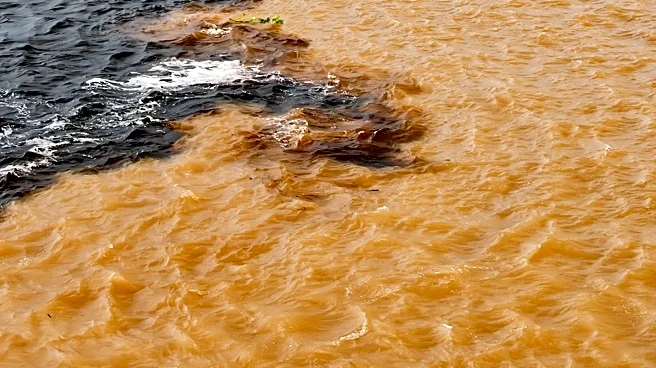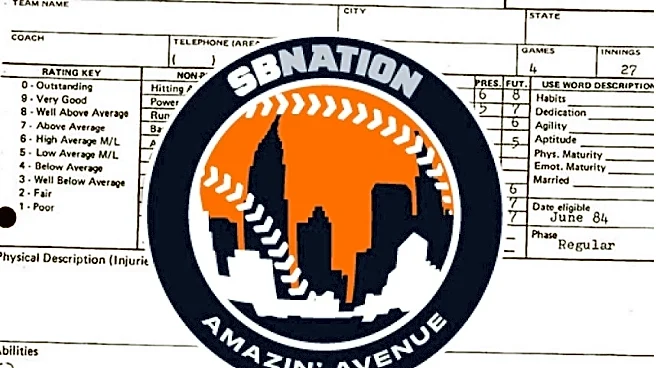What is the story about?
What's Happening?
Brazilian Health Minister Alexandre Padilha has advised residents to refrain from consuming alcohol, particularly distilled spirits, due to a surge in methanol poisoning cases. The health ministry has reported over 100 suspected cases, primarily in São Paulo, with one confirmed death and 11 others under investigation. Methanol, a colorless alcohol used in industrial products, is sometimes added to counterfeit alcoholic drinks to increase their alcohol content, leading to severe health risks such as headaches, nausea, vomiting, visual problems, and potentially coma or death. In response, Brazil has purchased 2,500 treatments of Fomepizole, an antidote for methanol poisoning, which will arrive next week. Additionally, the government has made an emergency purchase of 150,000 ampoules of pharmaceutical ethanol to aid in treating victims.
Why It's Important?
The methanol poisoning cases highlight significant public health concerns in Brazil, particularly regarding the safety of alcoholic beverages. The situation underscores the risks associated with counterfeit alcohol, which can have severe health implications for consumers. The government's proactive measures, including the acquisition of antidotes and pharmaceutical ethanol, aim to mitigate the impact and prevent further casualties. This development may influence public behavior, with many opting for beer and wine over spirits, perceived as safer alternatives. The incident also raises questions about regulatory oversight and the need for stringent measures to ensure the safety of alcoholic products.
What's Next?
The Brazilian police and health ministry are actively investigating the methanol poisoning cases to determine the source of contamination. Health Minister Padilha has emphasized the importance of avoiding distilled products unless their origin is verified. The government has established a situation room to monitor and expedite decision-making regarding the crisis. As investigations continue, there may be further public advisories and potential regulatory changes to prevent similar incidents. The situation could lead to increased scrutiny of alcohol distribution channels and heightened awareness among consumers about the risks of counterfeit products.
Beyond the Headlines
The methanol poisoning crisis in Brazil may have broader implications for public health policy and consumer safety standards. It highlights the ethical responsibility of manufacturers and distributors to ensure product safety and the potential legal consequences of failing to do so. The incident could prompt a cultural shift in consumer preferences, with increased demand for transparency and authenticity in product labeling. Long-term, this may lead to stricter regulations and enforcement to safeguard public health and prevent future occurrences of similar health hazards.
















